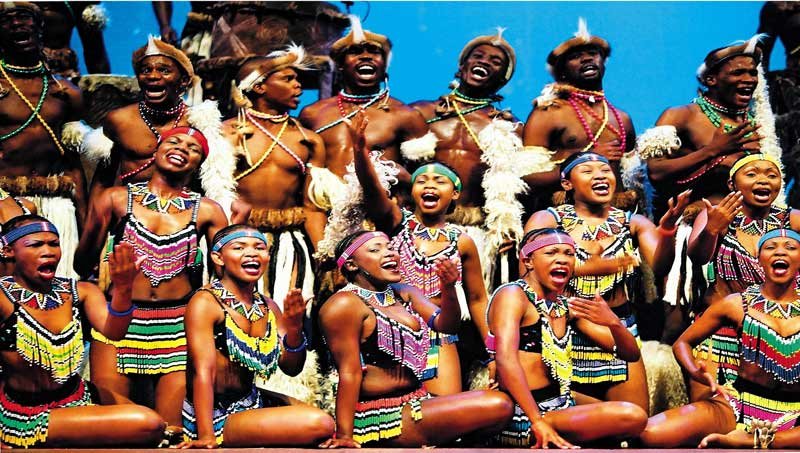Source: Africa Publicity
In the heart of Africa, nestled among the lush landscapes and vibrant communities, there existed a tradition as old as time itself—the Unity Festival. This festival wasn’t just a celebration; it was a testament to the enduring spirit of togetherness that bound the diverse peoples of Africa.
In the bustling city of Nairobi, Kenya, preparations for the Unity Festival were in full swing. Kwame, a young Ghanaian entrepreneur living in Kenya, with a passion for his community, was at the forefront of the organizing committee. He believed in the power of festivals to bring people together, to celebrate their differences, and to forge lasting connections.
Kwame had traveled far and wide across Africa, from the bustling markets of Lagos to the serene shores of Cape Town, gathering inspiration for the Unity Festival. He understood that each region had its own unique culture and traditions, but he also recognized the common thread that connected them all—a deep-rooted sense of pride in their heritage.
As the sun dipped below the horizon, signaling the start of the festival, people from all corners of Africa converged on Nairobi. There were dancers adorned in colorful costumes, musicians playing traditional instruments, and artisans showcasing their crafts. The air was filled with the tantalizing aroma of sizzling street food, and the sound of laughter echoed through the streets.
Among the crowd was Amina, a young woman from the Maasai tribe in Tanzania. She had traveled for days to attend the festival, eager to share her culture with others. With beads woven into her hair and a vibrant shuka draped over her shoulders, she radiated warmth and vitality.
Amina joined a group of dancers performing the traditional Maasai adumu, or “jumping dance.” As she leaped into the air with graceful agility, she felt a profound sense of belonging. The Unity Festival was more than just a gathering; it was a homecoming—a celebration of her identity and heritage.
Meanwhile, in the bustling metropolis of Lagos, Nigeria, another festival was taking place. Adewale, a talented musician with a passion for Afrobeat, was headlining the event. His music resonated with the crowd, blending traditional rhythms with modern influences to create a sound that was uniquely African.
As Adewale took to the stage, he felt a surge of pride in his roots. The festival wasn’t just an opportunity to showcase his talent—it was a platform to celebrate the rich cultural tapestry of Africa. With each beat of the drum and each strum of the guitar, he felt a connection to his ancestors, who had passed down their musical legacy through generations.
Back in Nairobi, as the night wore on, the atmosphere grew electric. People from all walks of life came together, united by their love for Africa and its diverse cultures. There were storytellers sharing ancient myths and legends, poets reciting verses that spoke to the soul, and activists advocating for social change.
Among them was Fatima, a human rights advocate from Ghana. With a megaphone in hand and fire in her eyes, she rallied the crowd to stand up for justice and equality. The Unity Festival wasn’t just about celebrating culture—it was about using their collective voice to make a difference in the world.
As the festival drew to a close, Kwame stood on stage, overlooking the sea of faces before him. He felt a swell of pride in what they had accomplished—a testament to the power of unity and diversity. The Unity Festival wasn’t just a one-time event; it was a movement—a symbol of hope for a brighter future for Africa and its people.
As the stars twinkled overhead, casting their soft glow upon the earth below, Kwame made a vow to himself and to his community. He would continue to organize the Unity Festival year after year, ensuring that its message of love, acceptance, and unity reverberated across the continent and beyond.
And so, in the heart of Africa, amidst the laughter and music and dance, the Unity Festival lived on—a beacon of light in a world too often divided by fear and prejudice. For in the end, it wasn’t just about celebrating culture—it was about celebrating humanity in all its beautiful diversity.








